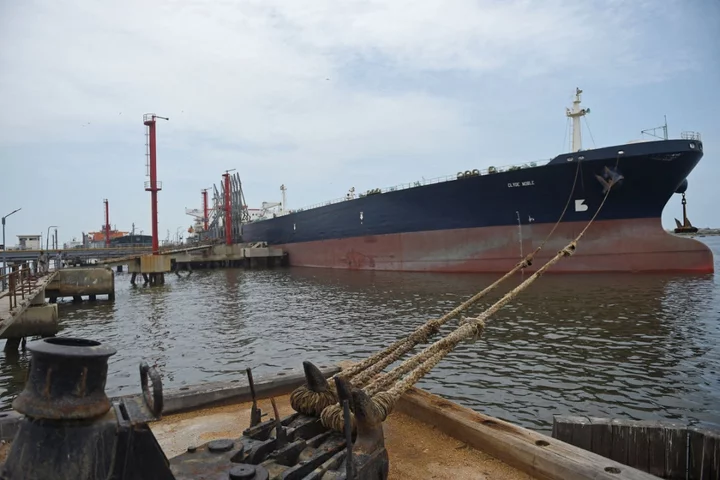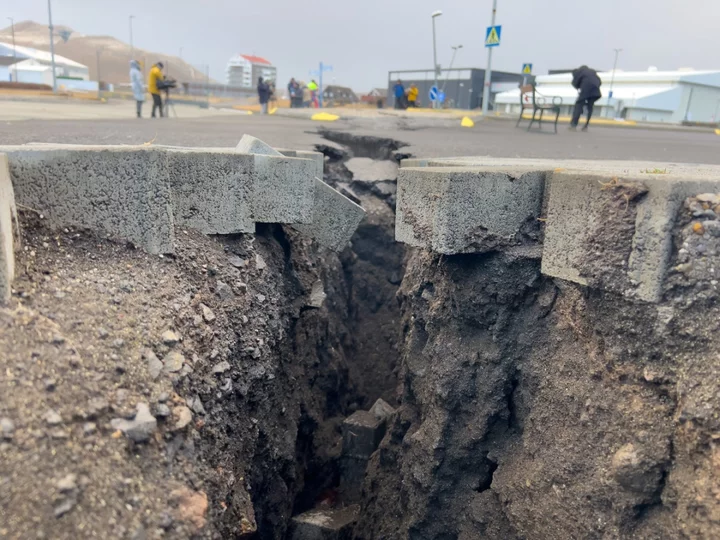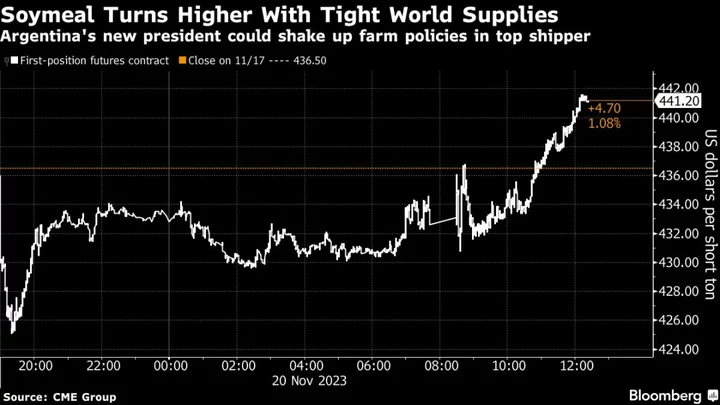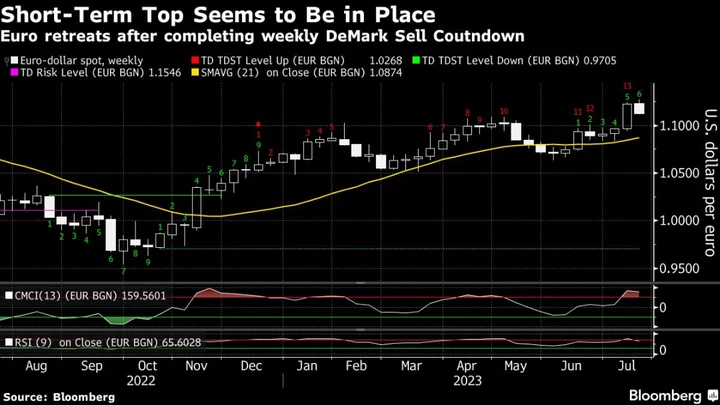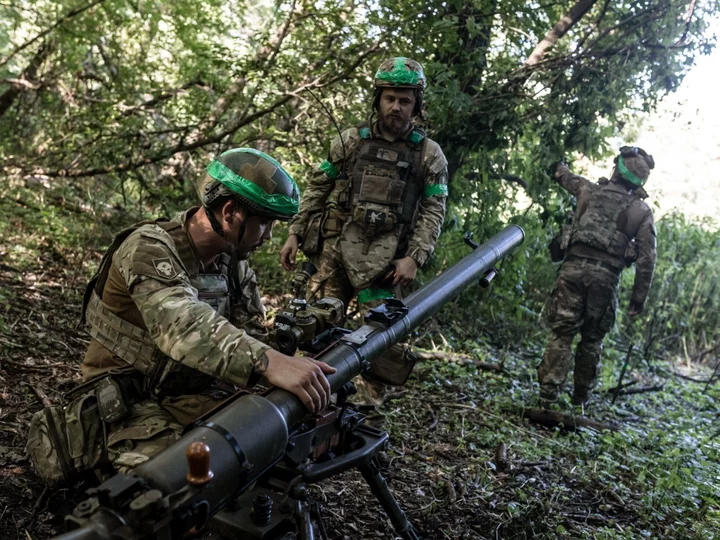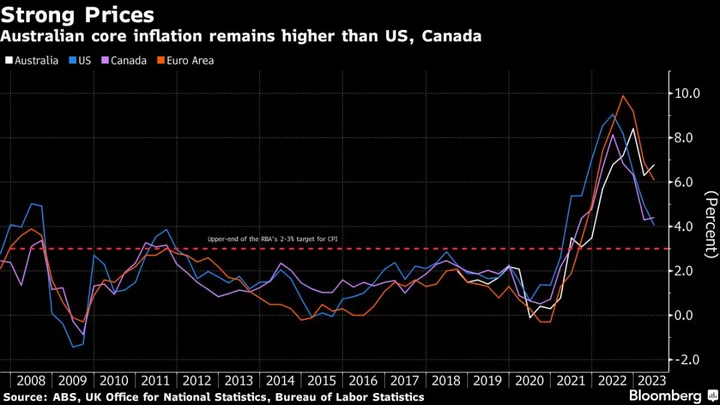Russian crude oil supply surged 50 per cent this spring despite sanctions imposed by the G7 countries in the backdrop of continuing war in Ukraine, data from commodities tracker and analytics company Kpler showed. An analysis of shipping and insurance records from August showed almost three-quarters of all seaborne Russian crude flows travelled without any western insurance in August, reported the Financial Times. The move was a lever enacted by the G7 nations, the European Union and Australia which imposed a $60-a-barrel price cap last December as the coalition looked to restrict Russia’s ability to finance its invasion of Ukraine. The significant surge confirms Russia’s ability to dodge the cap imposed by Western nations and continue to sell more of its oil at prices competing with international market rates. Russia’s oil revenues are, however, likely to go up due to constant increases in crude prices and a reduction in the discount on its own oil, estimates by the Kyiv School of Economics showed. Russia cut its seaborne diesel and gasoil exports by nearly 30 per cent to about 1.7 million metric tons in the first 20 days of September from the same time in August. Russia’s temporary ban on exports of gasoline and diesel to most countries, announced last week, was expected to further tighten supplies. In April this year, Russian crude oil exports reached back above to levels seen before Vladimir Putin’s Ukraine invasion, despite the ratcheting up of Western sanctions. India and China accounted for 90 per cent of Russia’s seaborne crude oil exports, according to figures by Kpler. The Asian giants are each buying an average of 1.5 million barrels per day (bpd), absorbing the shortfall in exports to European nations that previously accounted for two-thirds of Russian crude. But in August, India’s import of Russian oil dipped to a seven-month low after steady purchase during the course of the war, amid lower discounts for Moscow’s grades and planned maintenance outages at some plants. Since Russia’s full scale war, India had steadily increased its purchases of discounted Russian oil. Indian imports of Russian oil hit a record high in October, with the country becoming India’s top oil supplier in terms of bpd. Despite Western sanctions designed to stop funds reaching Mr Putin’s war chest following his Ukraine invasion, Russia’s crude oil exports have actually risen from 3.35 million bpd in 2022 to 3.5 million bpd in the first quarter of 2023, Kpler said. After India and China, the two largest buyers of Russian crude are now Turkey and Bulgaria. Read More ‘Panic’ grips Putin’s military and milbloggers over Ukraine’s advances on battlefield Ukraine-Russia war – live: ‘Panic’ among Putin’s troops as they ‘face threat of encirclement’ in Verbove Russia strikes Odesa, damaging port, grain infrastructure and abandoned hotel Oil prices have risen. That's making gas more expensive for US drivers and helping Russia's war France's Macron to unveil latest plan for meeting climate-related commitments in the coming years
Russian crude oil supply surged 50 per cent this spring despite sanctions imposed by the G7 countries in the backdrop of continuing war in Ukraine, data from commodities tracker and analytics company Kpler showed.
An analysis of shipping and insurance records from August showed almost three-quarters of all seaborne Russian crude flows travelled without any western insurance in August, reported the Financial Times.
The move was a lever enacted by the G7 nations, the European Union and Australia which imposed a $60-a-barrel price cap last December as the coalition looked to restrict Russia’s ability to finance its invasion of Ukraine.
The significant surge confirms Russia’s ability to dodge the cap imposed by Western nations and continue to sell more of its oil at prices competing with international market rates.
Russia’s oil revenues are, however, likely to go up due to constant increases in crude prices and a reduction in the discount on its own oil, estimates by the Kyiv School of Economics showed.
Russia cut its seaborne diesel and gasoil exports by nearly 30 per cent to about 1.7 million metric tons in the first 20 days of September from the same time in August.
Russia’s temporary ban on exports of gasoline and diesel to most countries, announced last week, was expected to further tighten supplies.
In April this year, Russian crude oil exports reached back above to levels seen before Vladimir Putin’s Ukraine invasion, despite the ratcheting up of Western sanctions.
India and China accounted for 90 per cent of Russia’s seaborne crude oil exports, according to figures by Kpler.
The Asian giants are each buying an average of 1.5 million barrels per day (bpd), absorbing the shortfall in exports to European nations that previously accounted for two-thirds of Russian crude.
But in August, India’s import of Russian oil dipped to a seven-month low after steady purchase during the course of the war, amid lower discounts for Moscow’s grades and planned maintenance outages at some plants.
Since Russia’s full scale war, India had steadily increased its purchases of discounted Russian oil. Indian imports of Russian oil hit a record high in October, with the country becoming India’s top oil supplier in terms of bpd.
Despite Western sanctions designed to stop funds reaching Mr Putin’s war chest following his Ukraine invasion, Russia’s crude oil exports have actually risen from 3.35 million bpd in 2022 to 3.5 million bpd in the first quarter of 2023, Kpler said.
After India and China, the two largest buyers of Russian crude are now Turkey and Bulgaria.
Read More
‘Panic’ grips Putin’s military and milbloggers over Ukraine’s advances on battlefield
Ukraine-Russia war – live: ‘Panic’ among Putin’s troops as they ‘face threat of encirclement’ in Verbove
Russia strikes Odesa, damaging port, grain infrastructure and abandoned hotel
Oil prices have risen. That's making gas more expensive for US drivers and helping Russia's war
France's Macron to unveil latest plan for meeting climate-related commitments in the coming years

